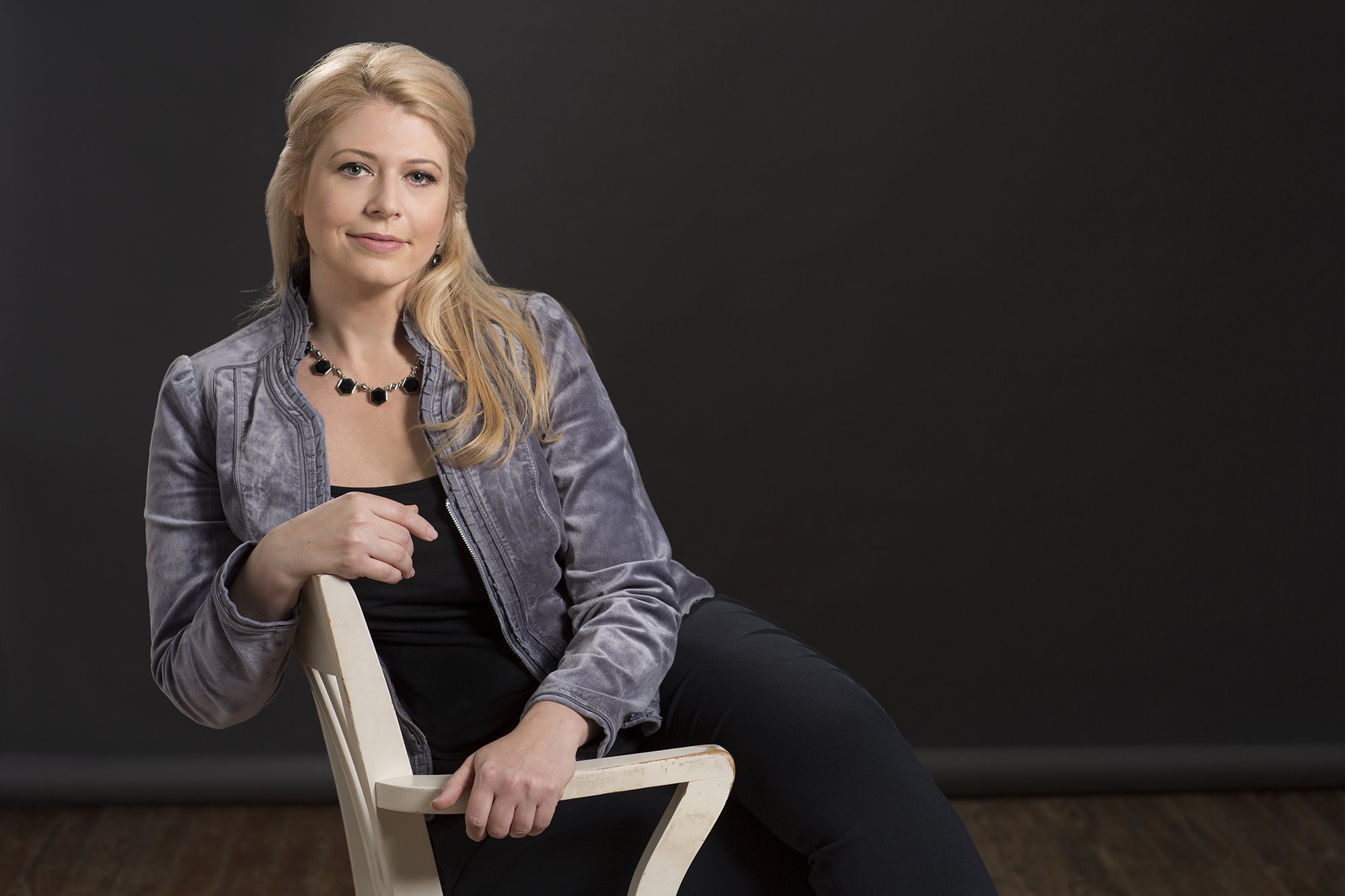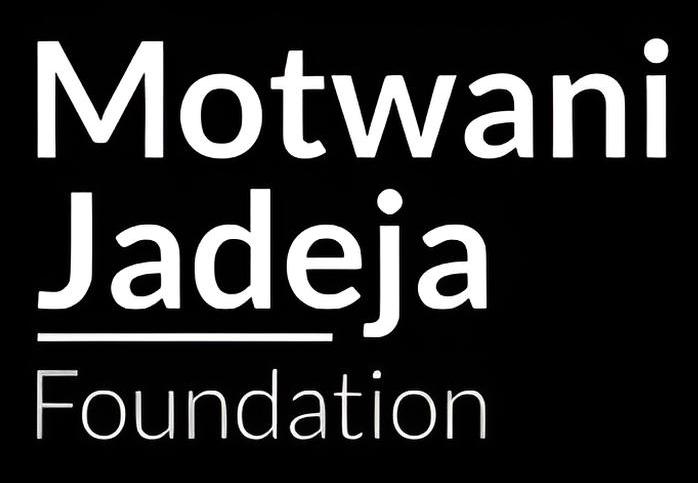Jess Silfa, a dedicated writer for Quarto Magazine of Columbia University, looking forward to building her own writing career, has been playing a variety of role on campus. More than a writer, she is also the representative figure of first-generation student of School of General Studies (GS), leader of disabled students advocacy, as well as organizer of LGBTQ association of GS.
The core concept that permits her to take charge of multi-tasks is the aspiration to “make a difference.” Thanks to the various life experience and identities she considers herself as belonging to, she thinks it’s important to demonstrate the potential of these identities.
Grown up in Bronx, New York and interested writing, Jess found it necessary to clarify some misconceptions that people outside of the community have towards them. Her writing thus incorporate a lot of gang and drug-related issues, in order to show “how intricate the world is actually is,” as well as the “human side” of all her characters. She aims to target “both sides,” in and out of her community.
Now that she has been studying psychology in Columbia, she perceives it as a great opportunity to learn more about how people behave and how to make an impact on them. “Now I can tell that some psycho plots are just wrong,” she laughed, as she herself is striving to “make room for difference,” exploring diverse subjects under the framework of story-telling.
However, Jess believes that personal experience would provide writers with different perceptions when writing stories. In spite of the “tough neighborhood,” which is one of the resources of “crazy experiences” in her writing, Jess dropped out from high school and wrote for an independent booklet while working as care-giver for a few years before she came to Columbia. One of the main challenges for her was to “keep extra money on mind” while looking for time to be “creative.” The “strict commitmemt,” according to Jess, is highly important to keep one’s idea flowing on a daily basis.
Today Columbia has also become an important component of her experience that makes a difference in her writing. Not only has she met more people and adopted a more realistic approach of writing, but also is she aware of more college-specific problems, such as financial aid and being independent from parents.
As a first-generation college student from a Puerto-Rican family, in spite of the wholehearted support of her family for her college application, very few of her community understands how college works or what it works for. This also contributes to her motivation of going back to her community. “It is a shame that most of the parents don’t even consider college as an option for the kids,” said Jess, and she co-founded the First Generation Low Income Partnership on campus to address the issue. She considers herself “moving up” in education but not “moving out” of her community.
Jess is also the leading figure of LGBTQ Alliance of the school. Due to the different student body of GS from Columbia College, Jess considers it necessary to have its own supportive network. Its members are usually older than average on campus and many of them already having partners. The focus of the Alliance is on long-term relations, and it’s being more relaxing than activist.
Furthermore, Jess is highly aware of the gender disparity in writing career. If female writer has already earned less than their male counterparts, Latino female is in more disadvantage. The misconception and stereotype would have a significant impact, especially when the writer must act as an “entrepreneur” and “go sell it to the publisher.” Jess points out that many publishers would ask her whether “white people want to read this,” while black women are in fact the biggest group of reader. The advice that Jess would like to give to all female professionals is to be confident, and “not let people get you down.”


































